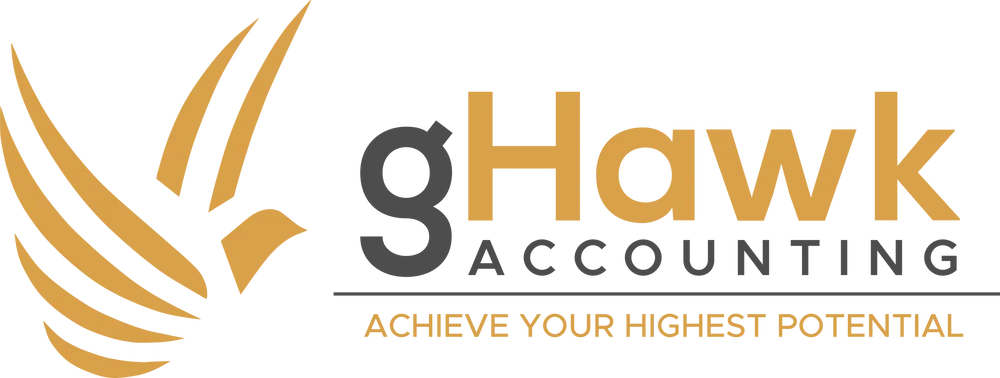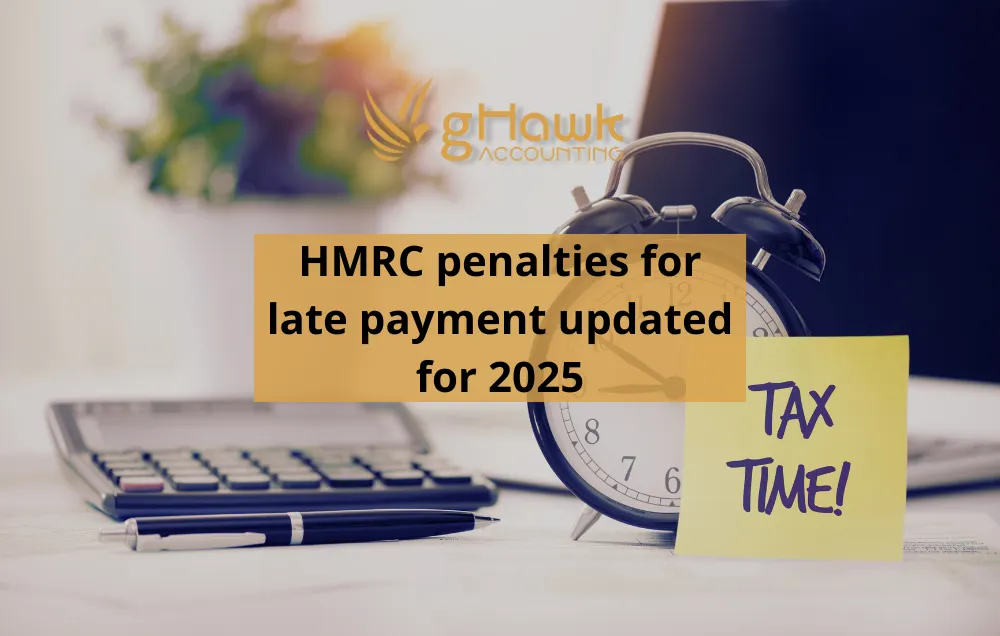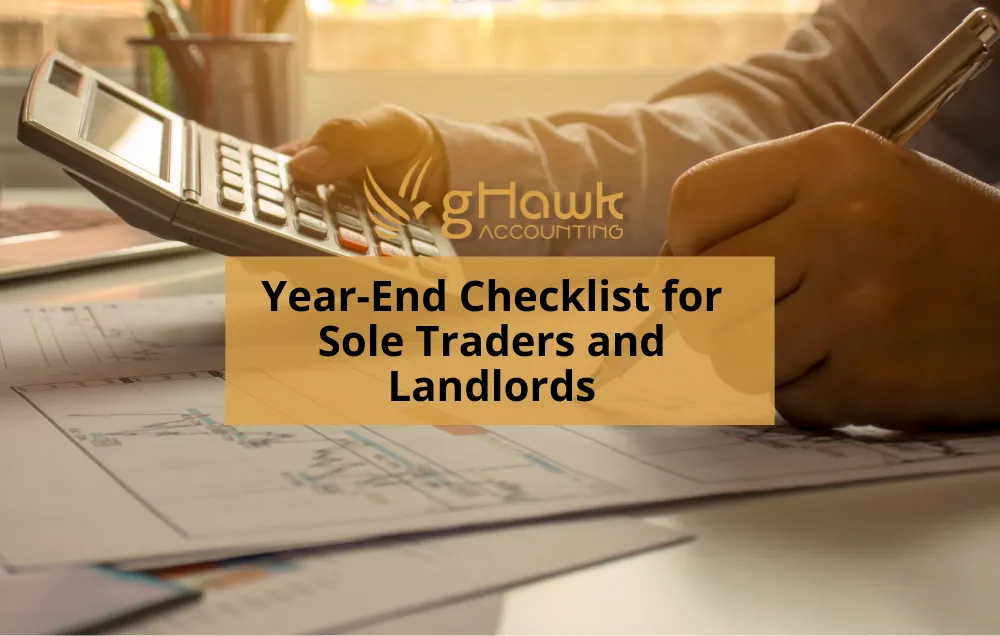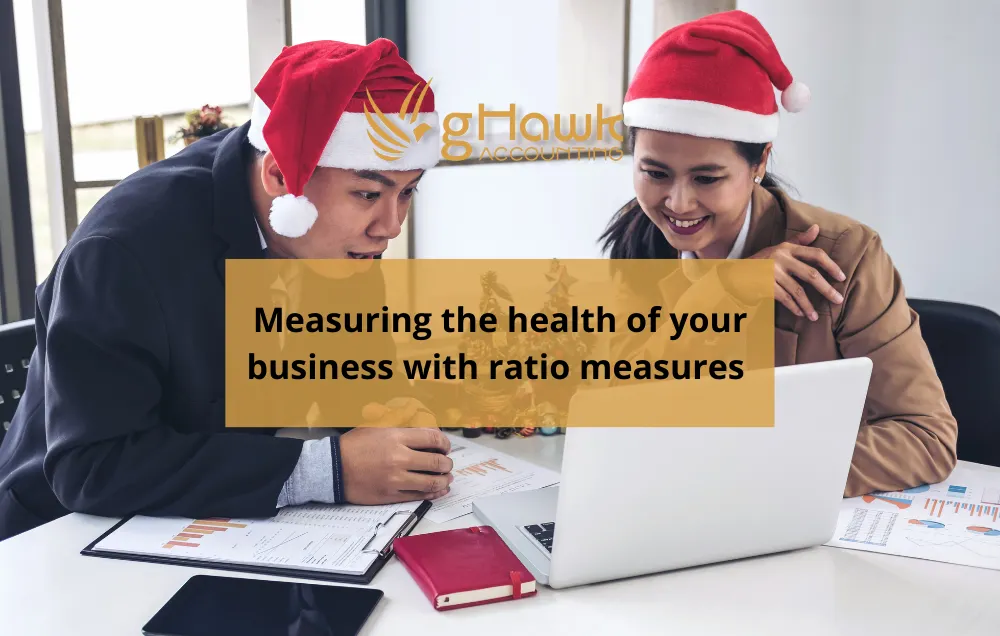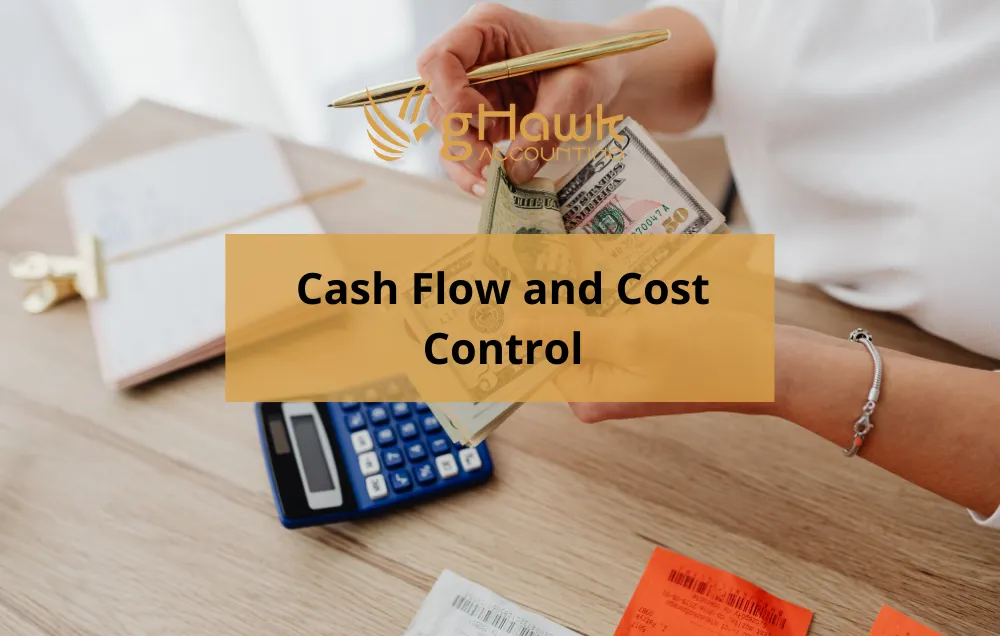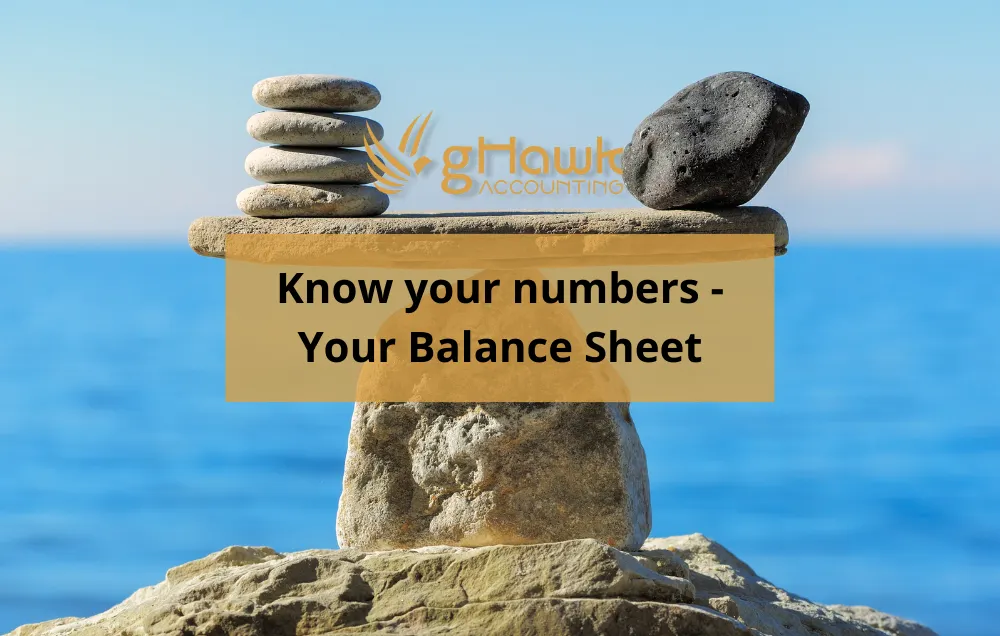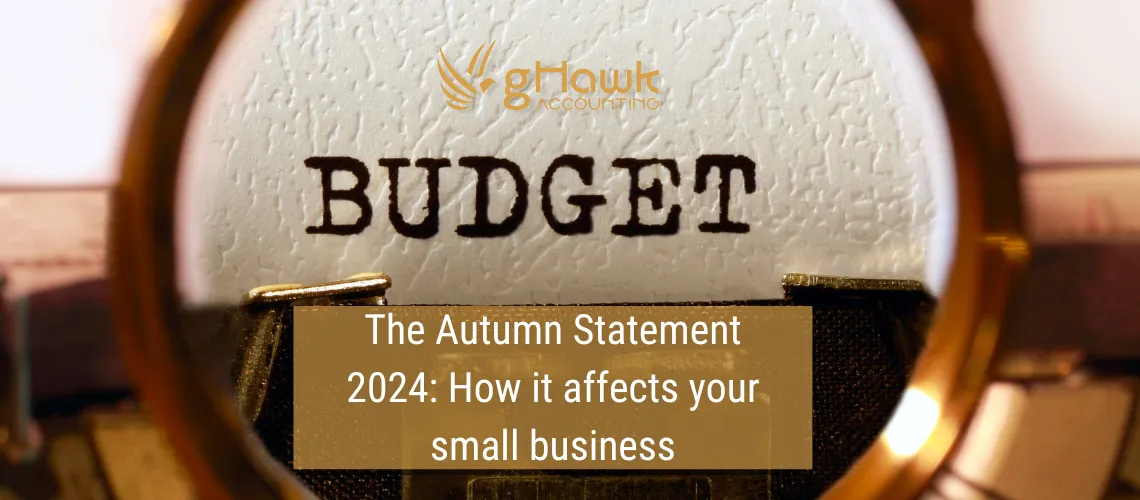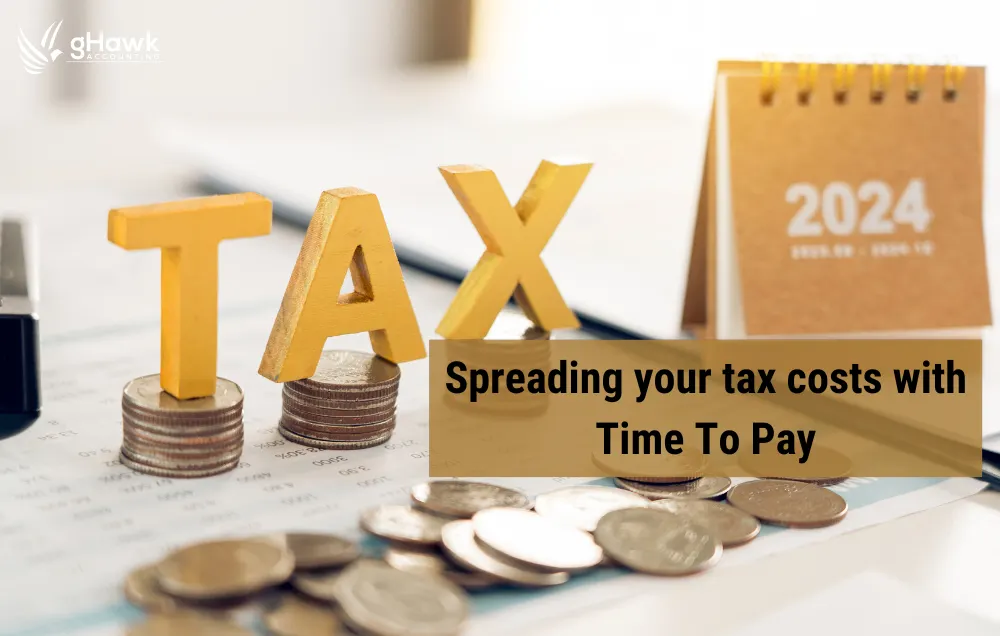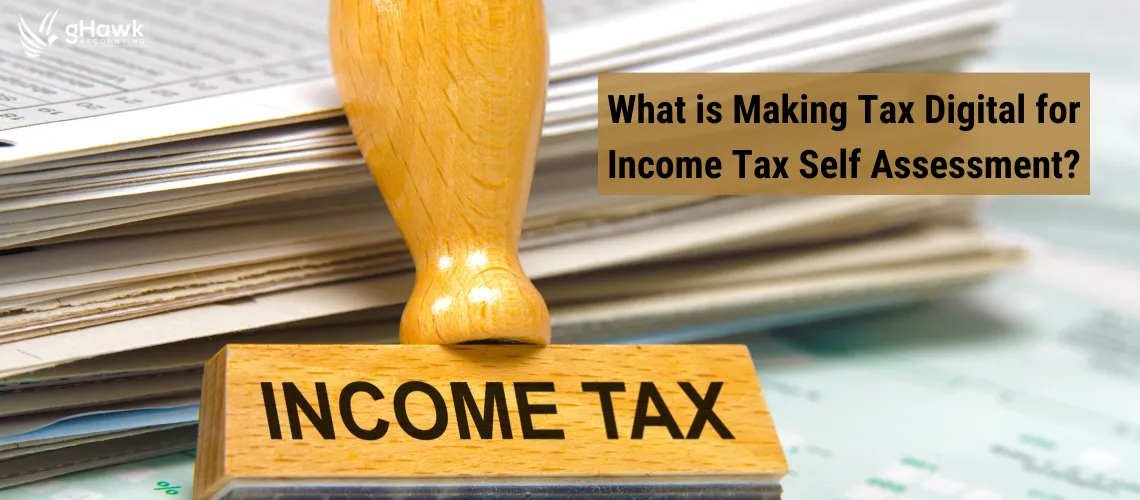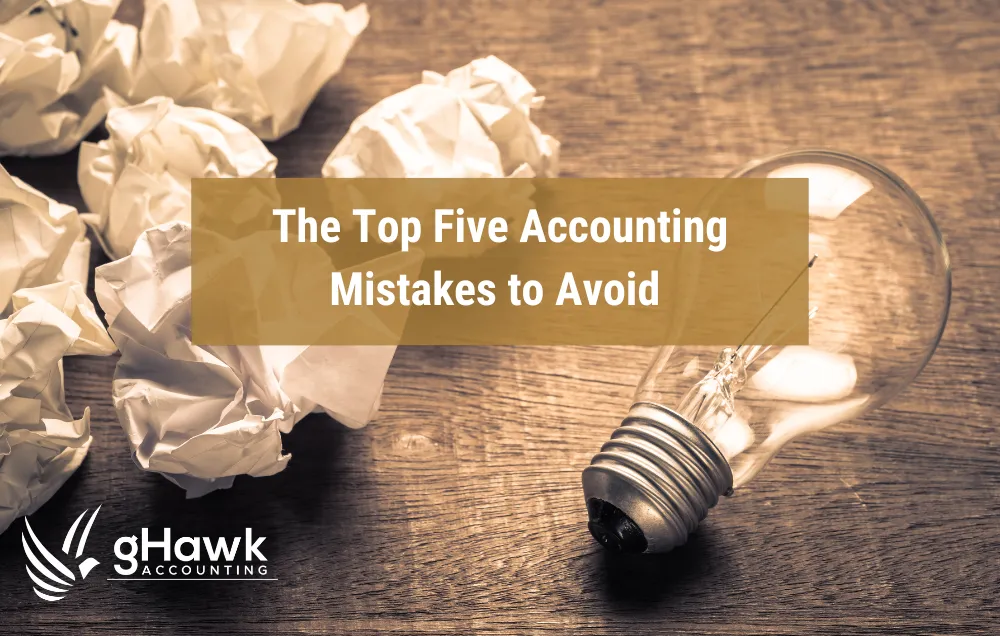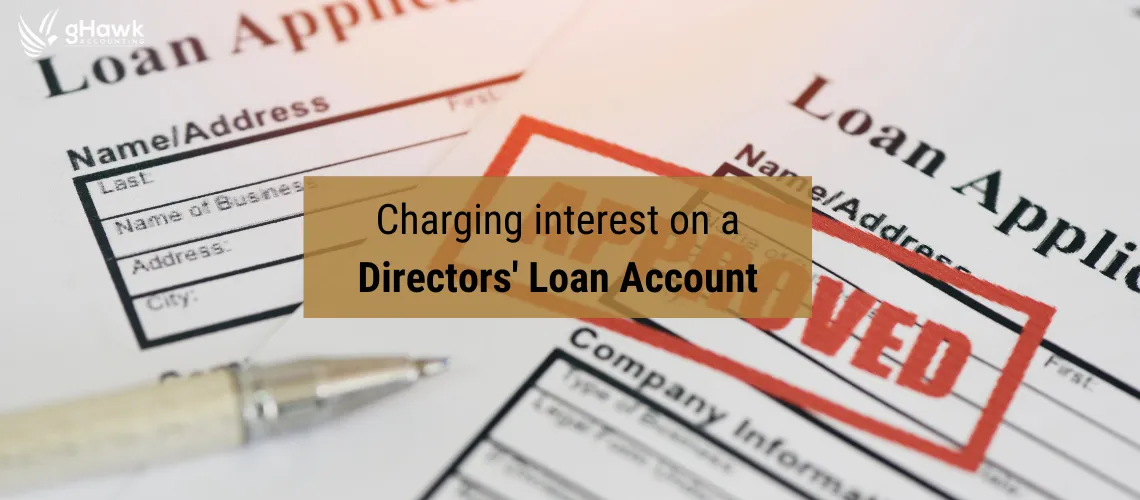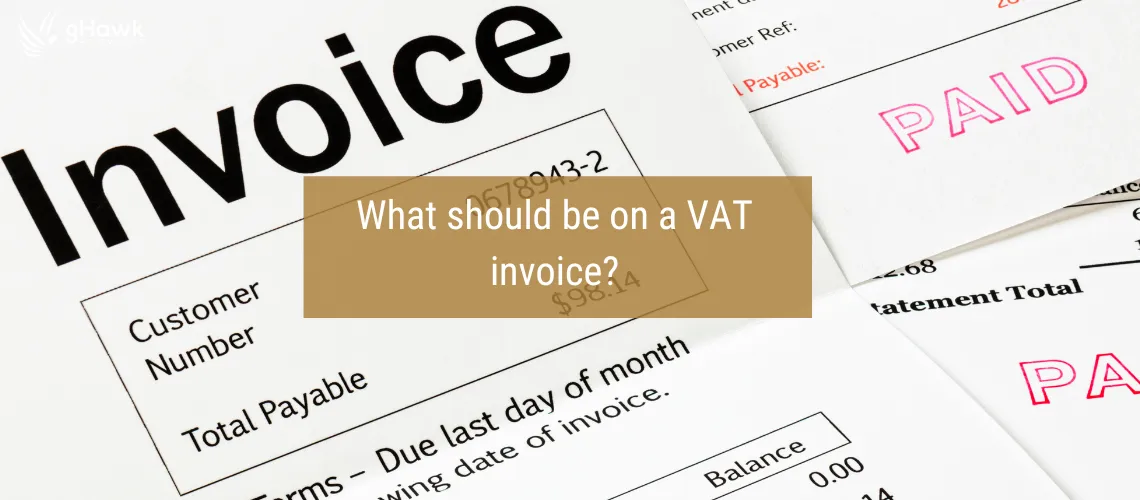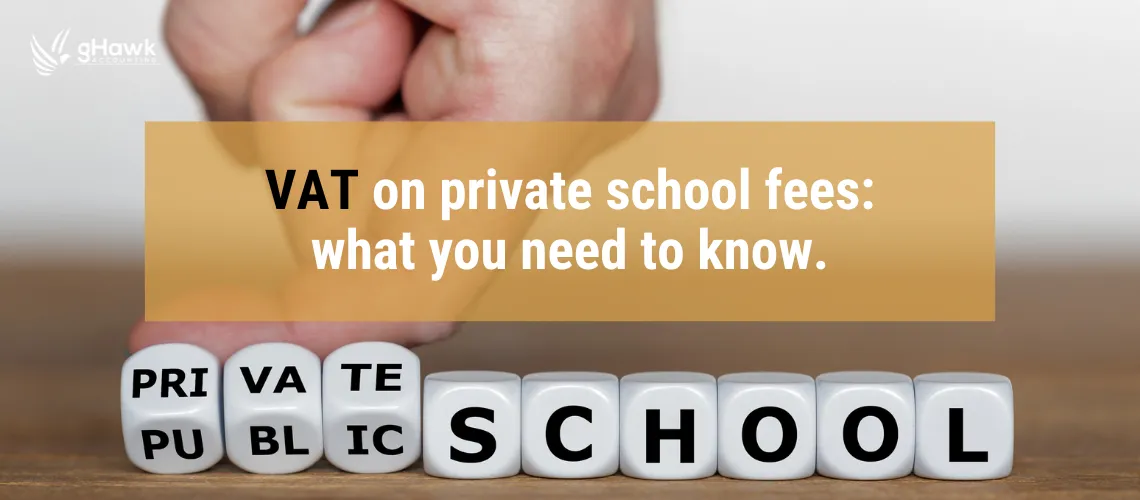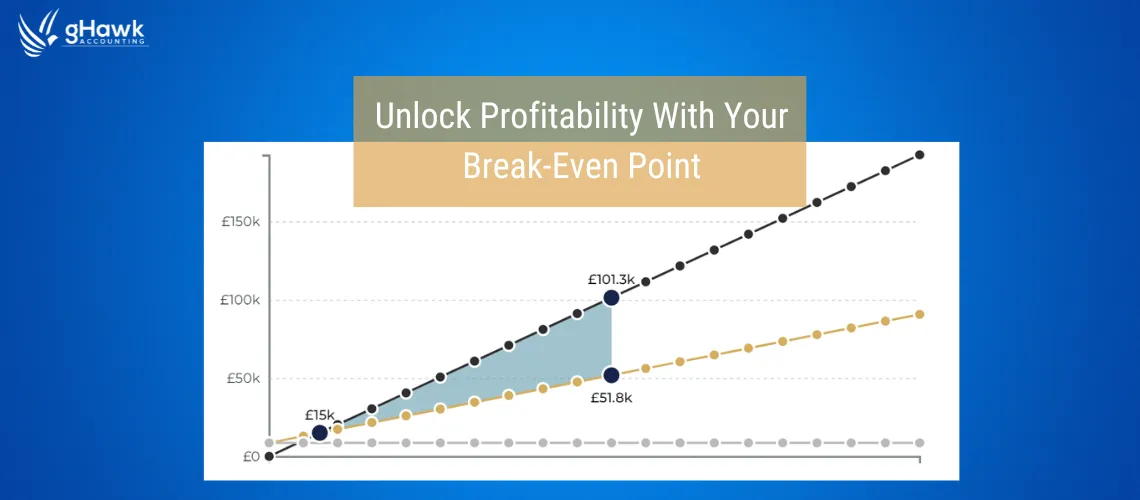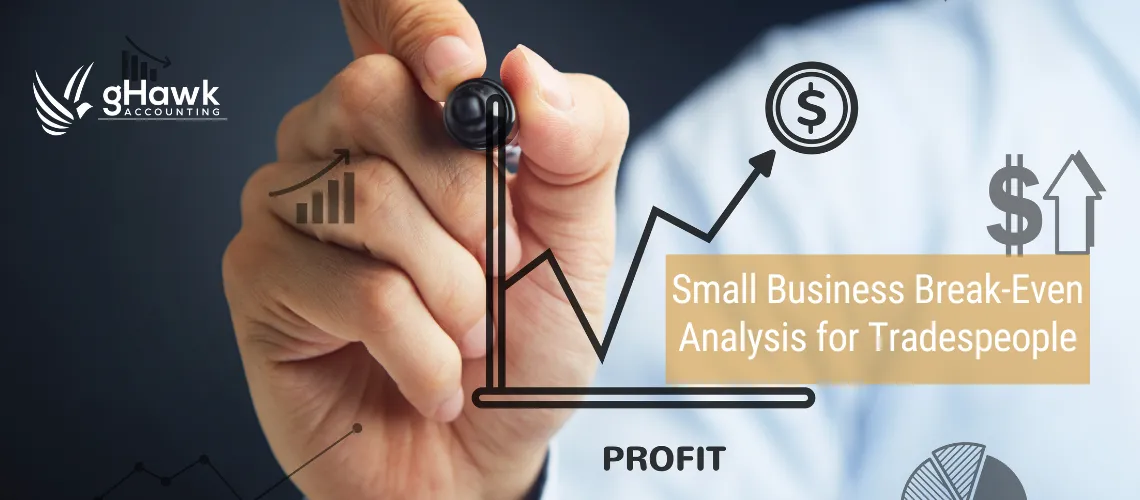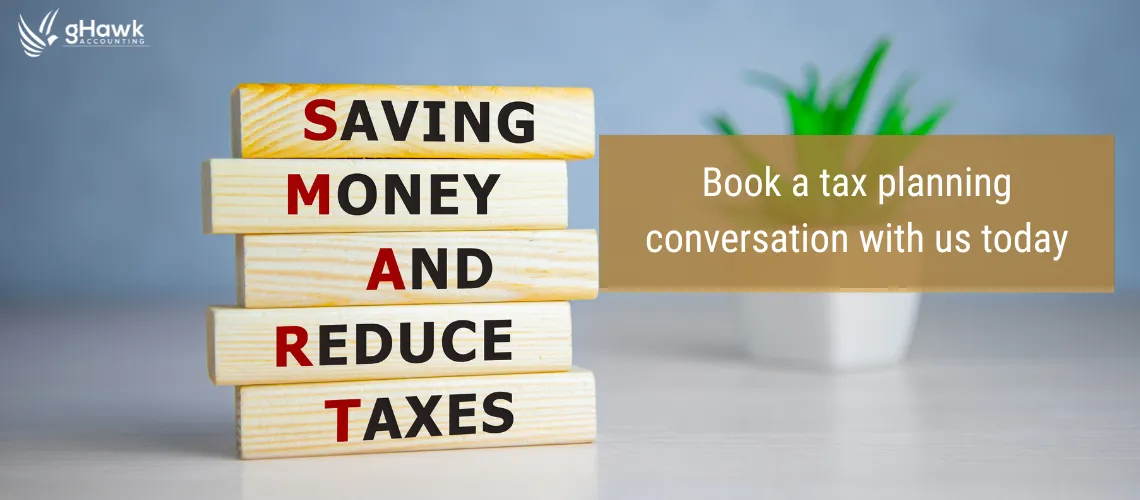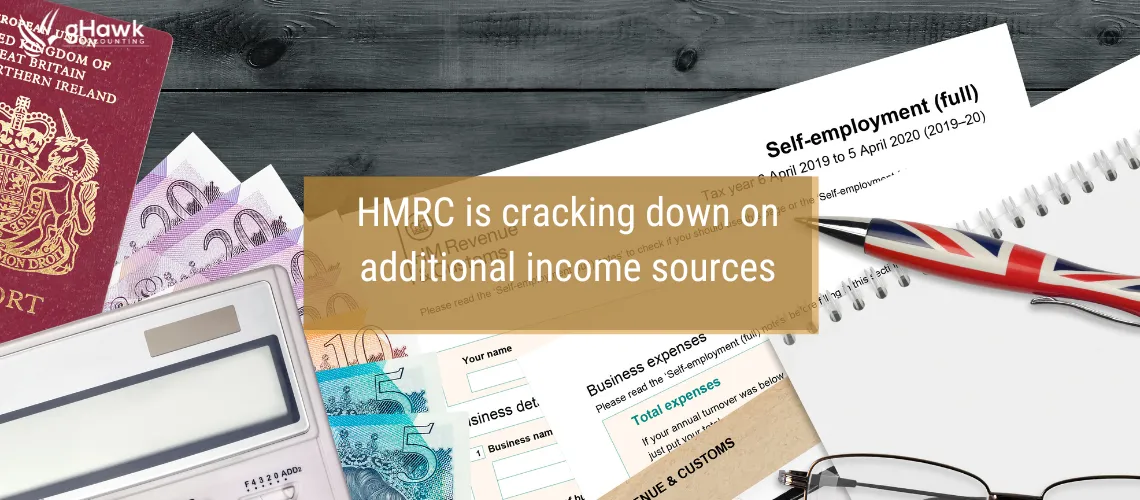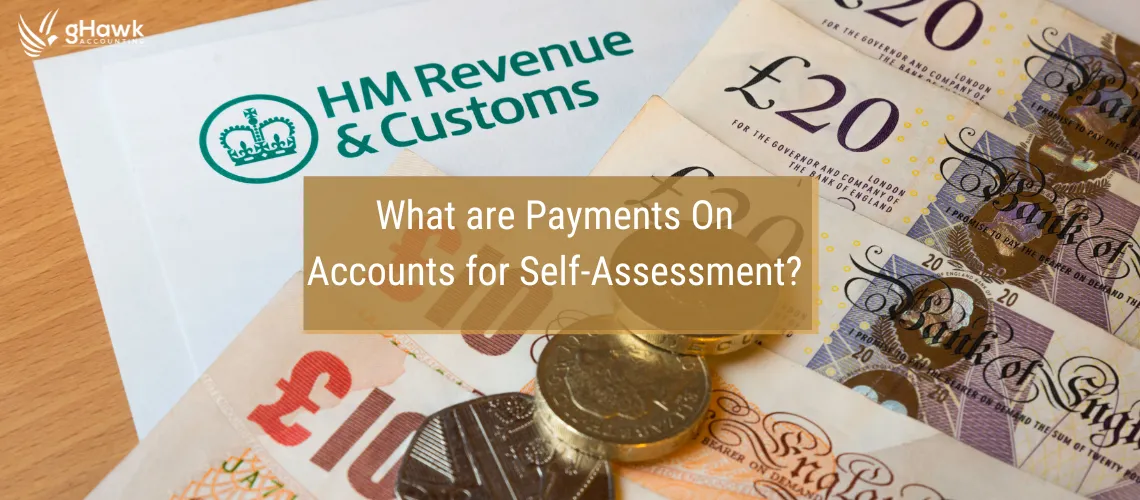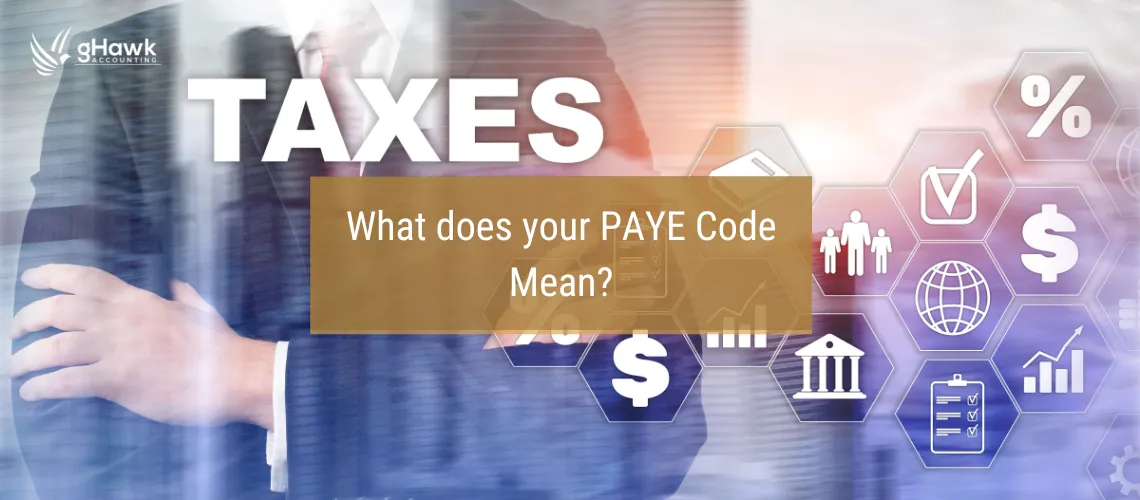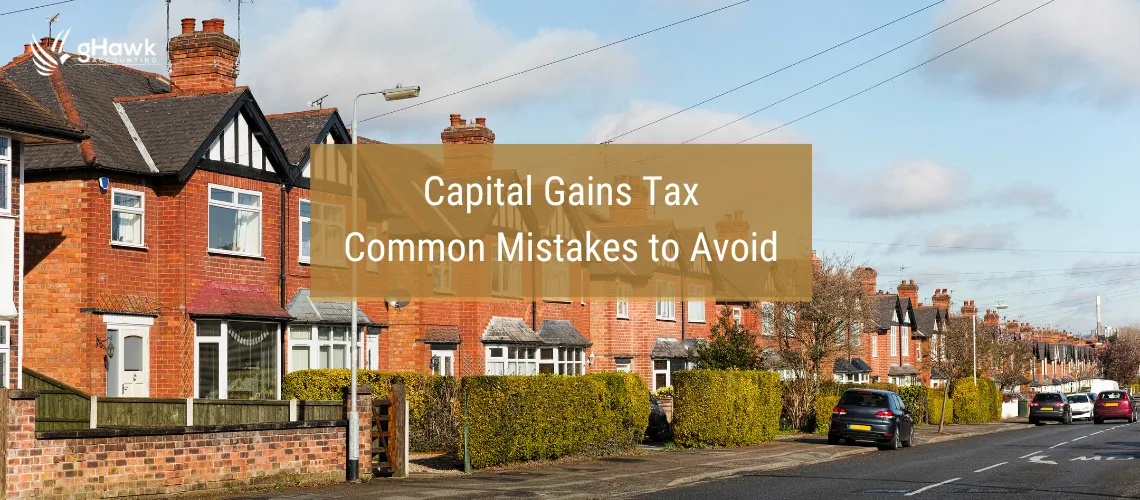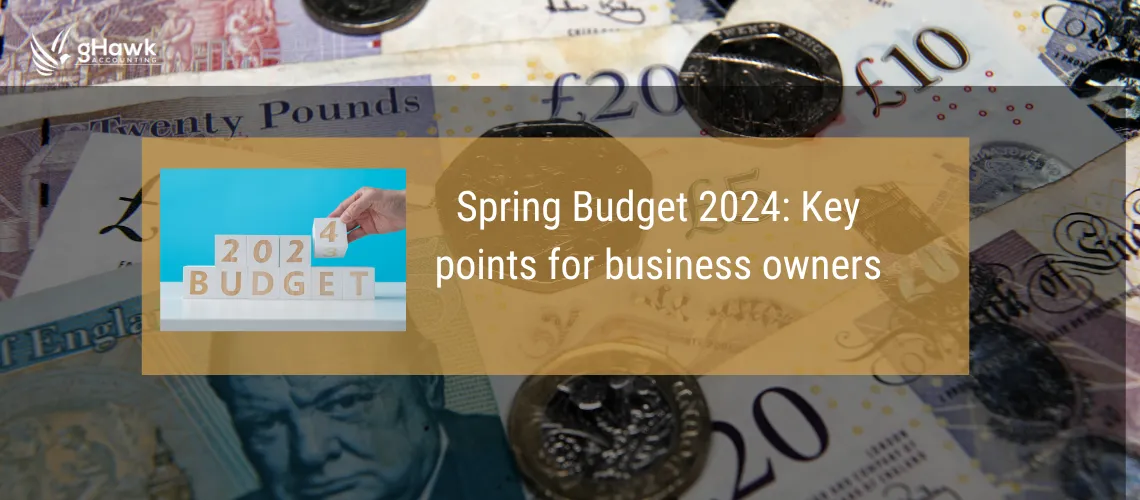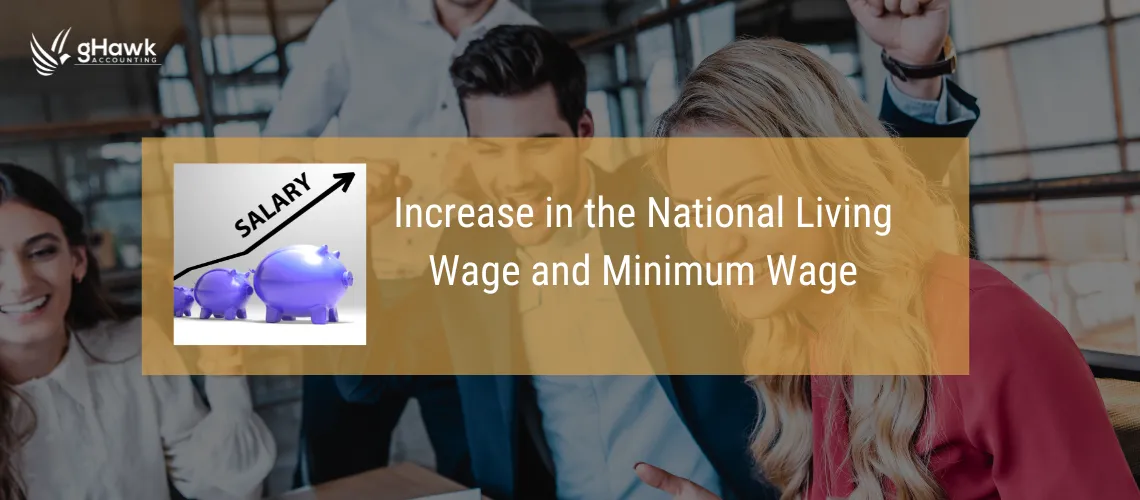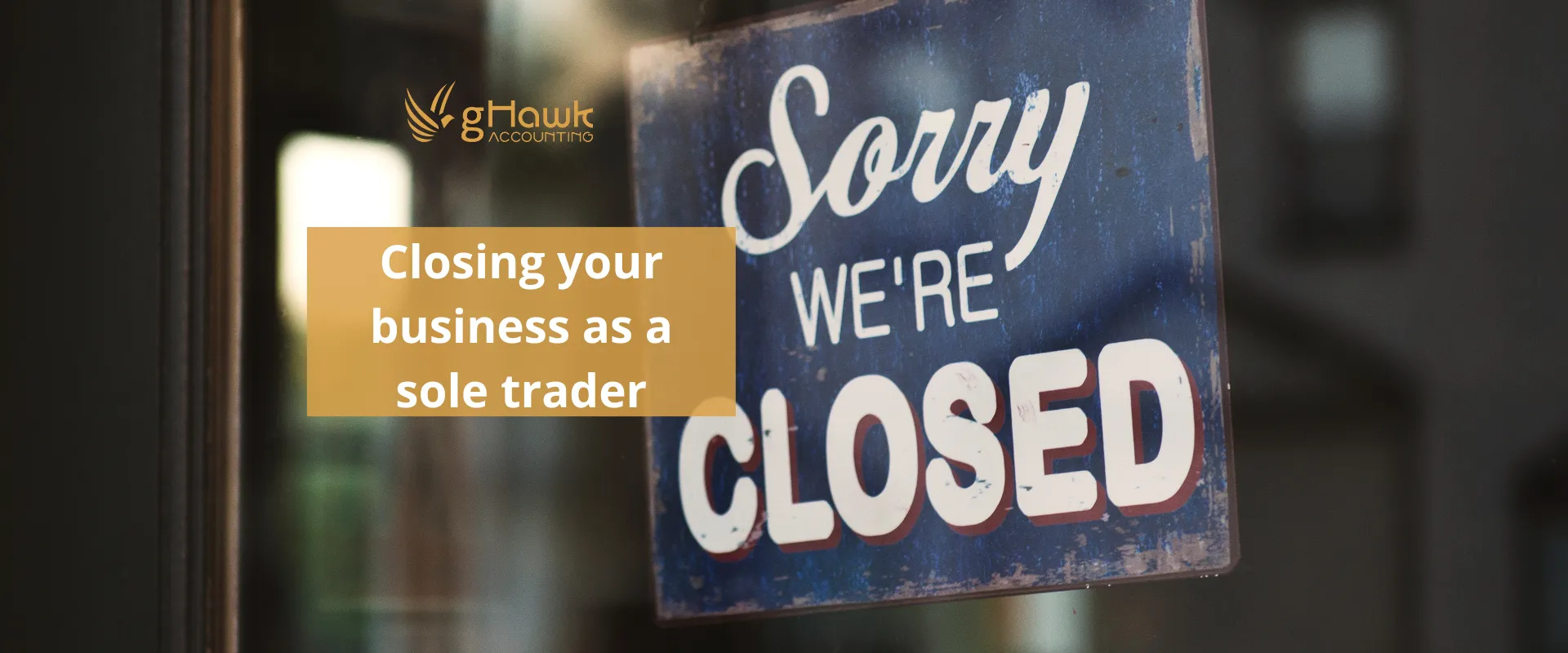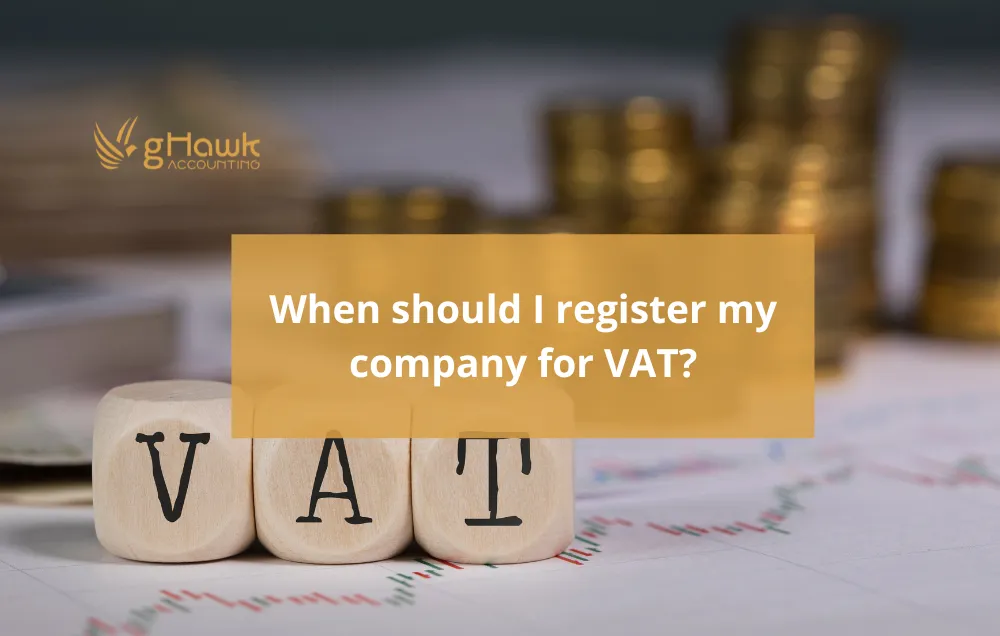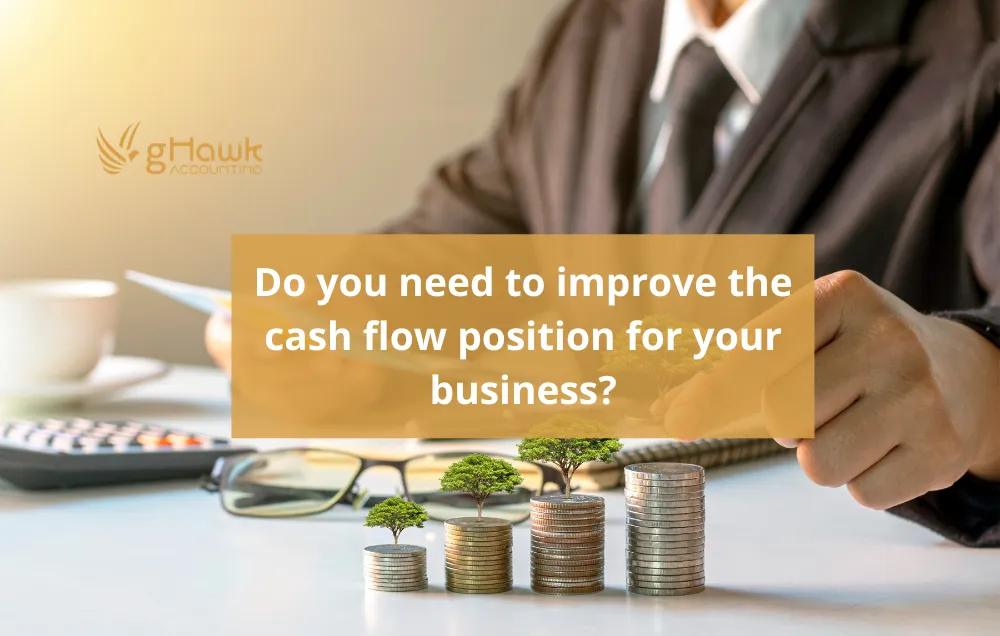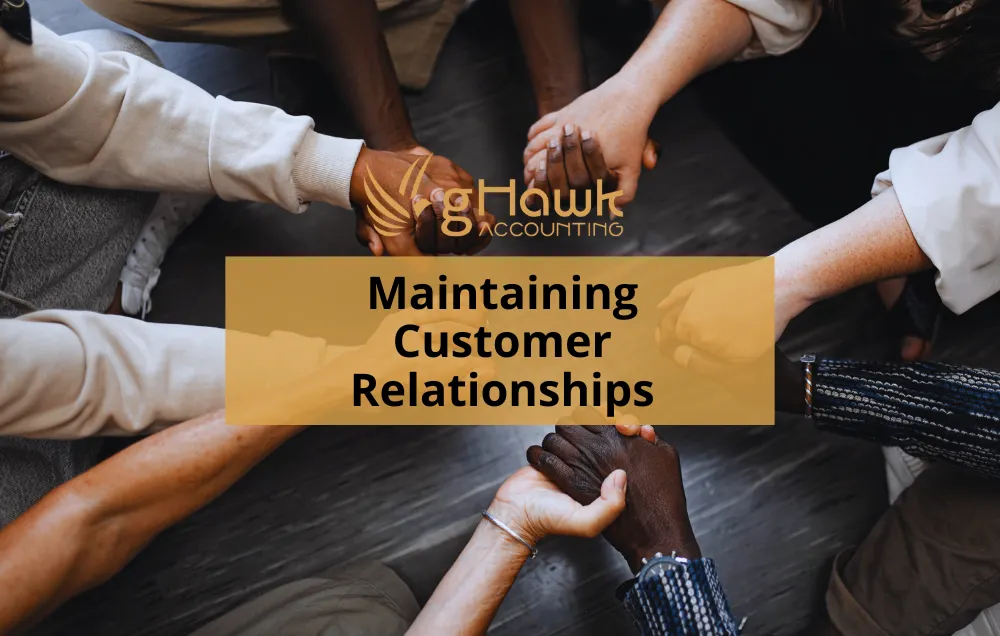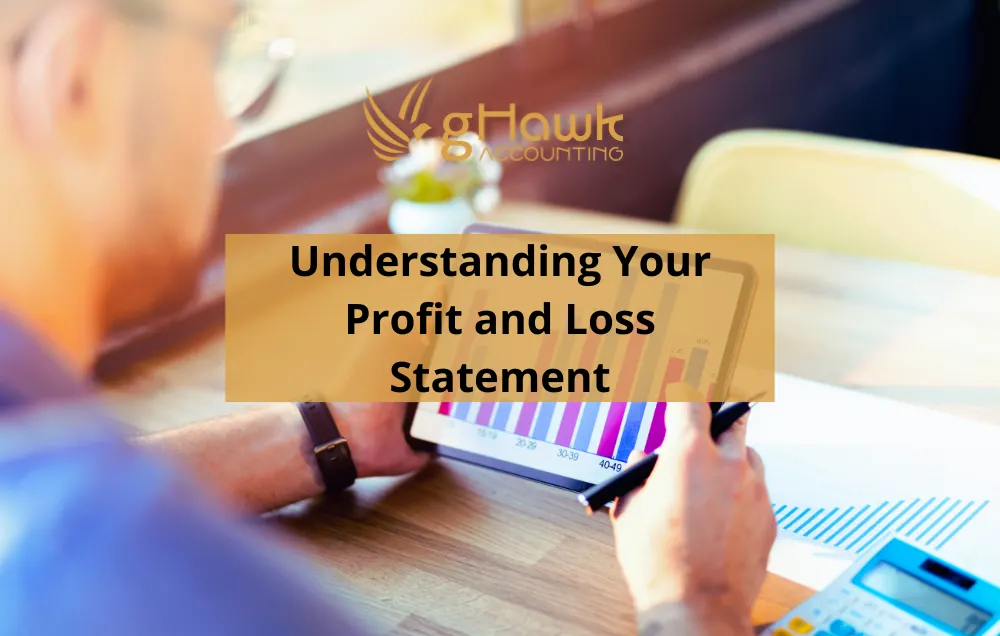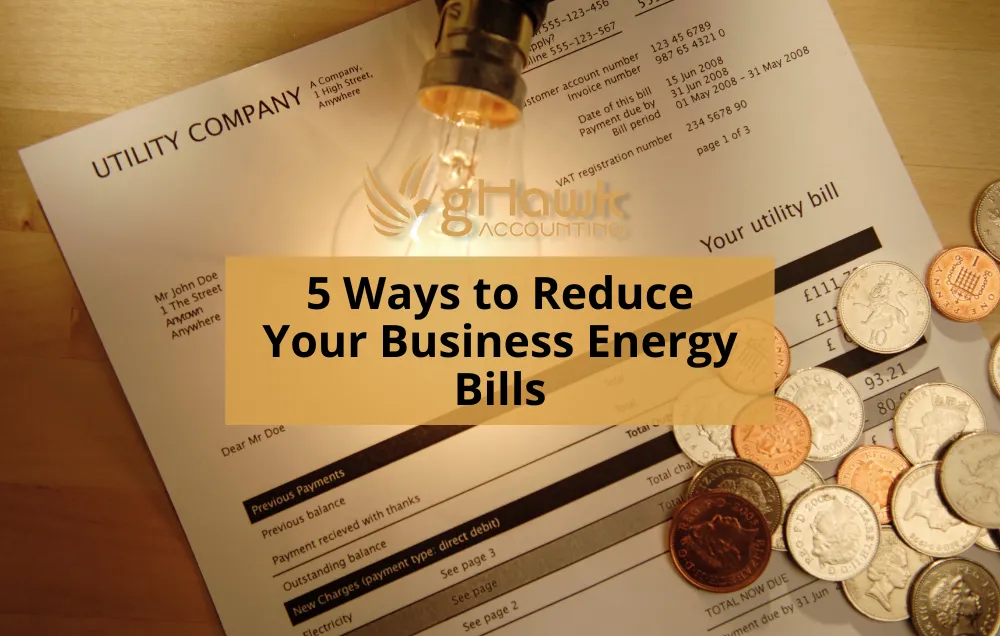How to pay your Self-Assessment Income Tax
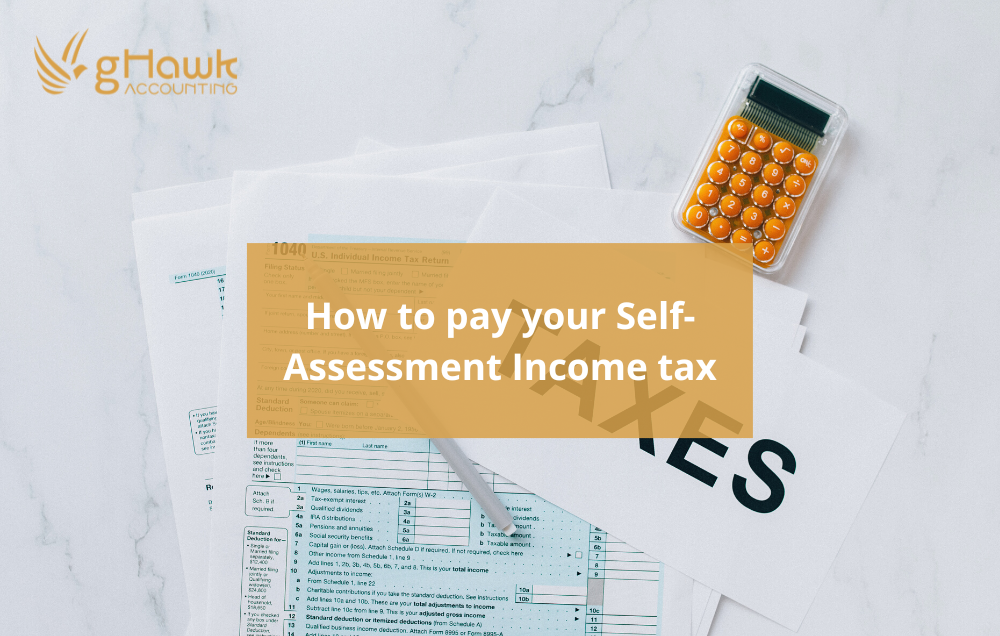
Paying your self-assessment income tax doesn't have to be difficult or confusing. If you are self-employed or a small business owner operating as a sole trader, it can be much easier to keep on top of your tax payments than you might think.
Keeping financial records
It does not matter which software system you use either Excel or accounting software like Xero or QuickBooks online or FreeAgent. Whichever method you decide to use, to keep track of your business finances it is important to make sure that the records are accurate and that you have followed all the current rules. Bookkeeping should be a regular practice in your business, and we recommend you do it Daily or Weekly or at least monthly so that you are never behind.
When it comes to filing a self-assessment tax return, using an accountant can be helpful in terms of ensuring that you’re not making any mistakes on your return, you’re maximising on all available benefits and you’re certain that you’re paying the correct amount of tax.
How do I know how much tax to pay?
Throughout the year, it’s advisable to keep 10-20% of your earnings to one side, in preparation for your tax bill.
At the end of your tax year, or when HMRC ask for it, you need to submit a tax return. Once that has been submitted, HMRC will inform you of how much tax you owe. You can pay this calculation (known as an SA302 form) online or by BACS within a designated deadline.
How do I submit my earnings to get a tax calculation?
To submit your income and expenses, you need to register for Self-Assessment on Gov.UK. Here, you’ll be able to fill out all of your information when it comes to submitting a tax return. If you are confused or concerned about submitting your tax return, an accountant can do it for you.
What if I make a mistake on my tax return?
If you make a mistake on your tax return, you must tell HMRC as soon as possible. You can amend the return within 12 months of submitting it – the additional tax will be due. If you choose not to tell HMRC and you are found to have made mistakes on your tax return, the consequences can be quite financially severe. Read more about Self-Assessment penalties to watch out for.
What are payments on account?
You might be asked to make payments on account if your income has increased. Essentially, payment on account is the process of paying some of your tax bill in advance. You only make payments on account if your previous year’s tax and National Insurance bill was above £1,000 and only then if less than 80% of your tax liability was collected by being deducted at source.
What if I don’t have enough money to pay my tax bill?
Technically, HMRC prefer you to pay your tax bill all at once. However, if you are having financial issues, then you should contact HMRC to set up a ‘time to pay’ arrangement. Be aware that they will expect you to have tried other means to pay your tax bill before you contact them. For example, borrowing from friends and family or taking out a loan.
The easiest and most efficient ways to prepare for a tax return is to keep on top of your bookkeeping all year round, put regular chunks of income aside in preparation and always have an accountant that you can contact with queries or concerns.
Beware of scams
HMRC are warning business owners to be aware of scams involving letters or text messages pretending to be from HMRC. They will typically be asking you to either pay a tax bill urgently or that you are entitled to a refund. Please be aware of these scams and do not click any text messages that are supposedly coming from HMRC. If you receive one of these messages it is advisable to check your HMRC personal tax account to see if the tax that you supposedly owe is showing there on your portal. If you are not sure, please speak to your accountant. This page has more information about the scams that HMRC are already aware of.
Don’t go it alone – we’re here to help.
